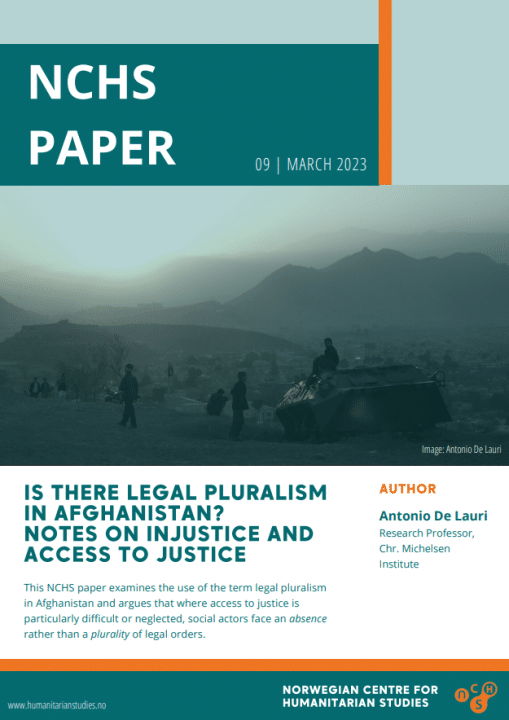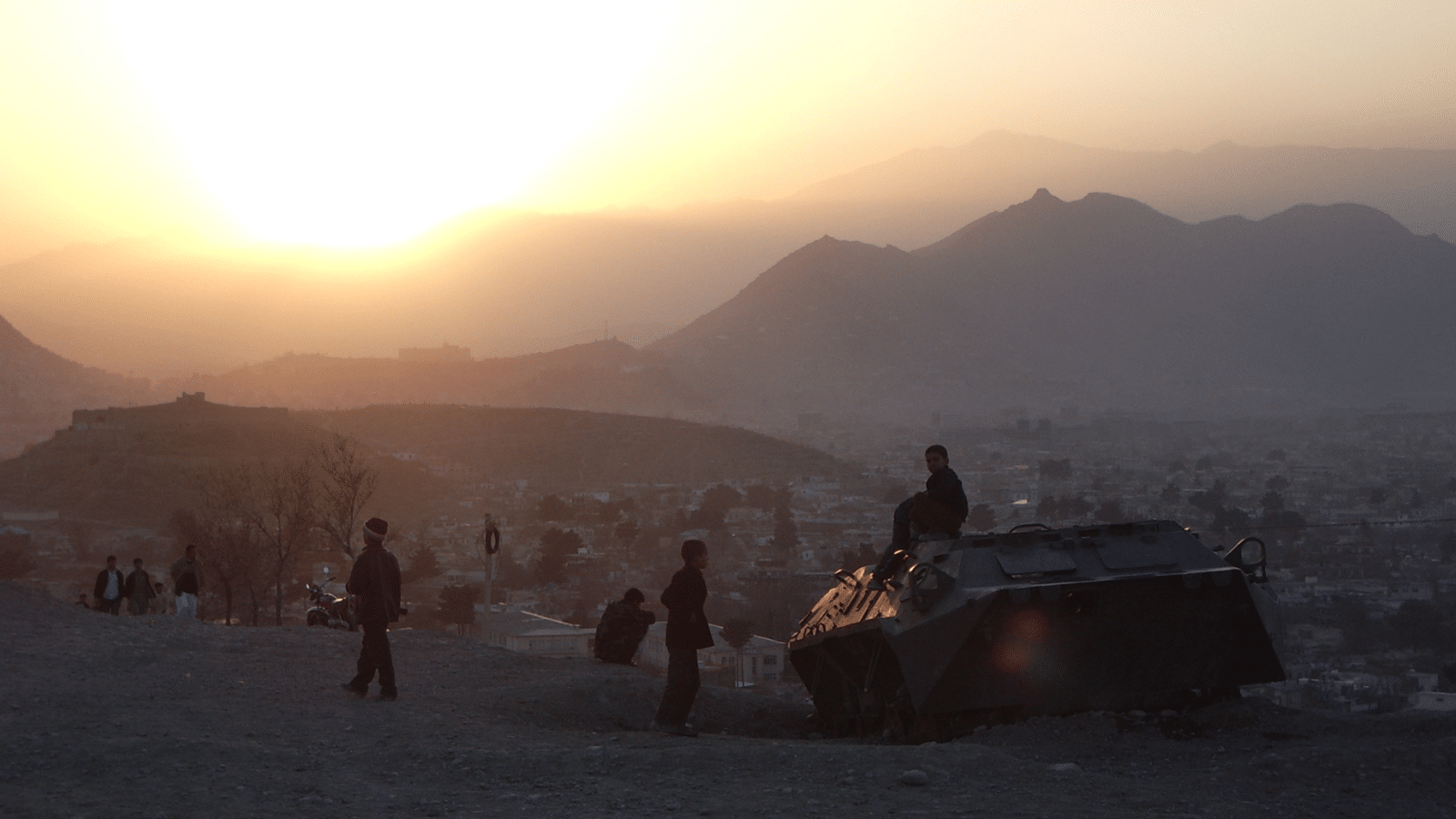
“In both academic analyses and legal practice, the notion of ‘legal pluralism’ has been interpreted as the co-presence of different legal orders within defined social realms, ranging from small social groups to states and to international fora. The Afghan normative ‘system’ is generally described as characterised by legal pluralism, where different normative orders coexist, namely customary norms, shari’a, state laws and principles deriving from international standards of law (e.g., human rights)”, writes NCHS Director, Antonio De Lauri.
In this latest NCHS paper, “Is there legal pluralism in Afghanistan? Notes on injustice and access to justice”, De Lauri examines legal pluralism in Afghanistan and argues that “in conditions where access to justice is particularly difficult or neglected, social actors face a condition of absence rather than a plurality of legal orders.” Read the full paper here.
The observations made in this paper build on De Lauri’s ongoing research in Afghanistan since 2005, where he has studied law in practice, the impact of the humanitarian apparatus and the devastating impact of war.
Antonio De Lauri is a Research Professor at the Chr. Michelsen Institute. He is also the Editor-in-Chief of the Public Anthropologist Journal and the Director of the Norwegian Centre for Humanitarian Studies.
This paper was developed as a contribution to the report Afghanistan and the Rule of Law after 2021: Legal and Social Developments by the Max Planck Foundation for International Peace and the Rule of Law.
